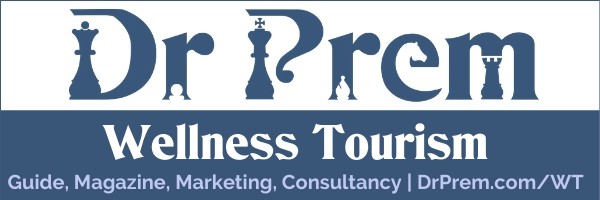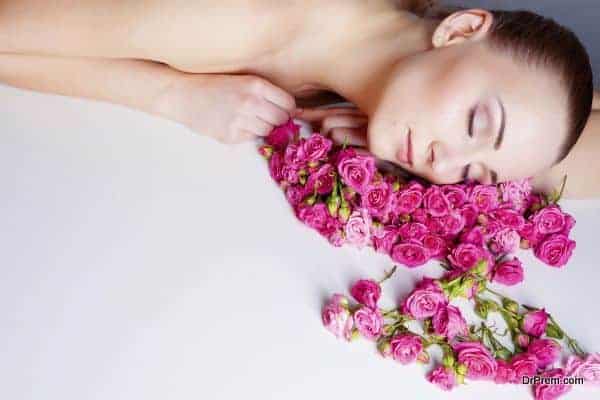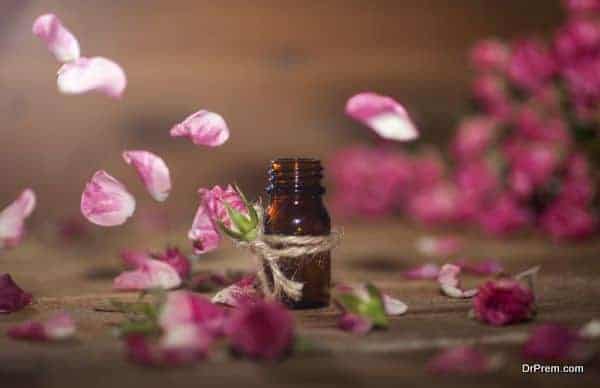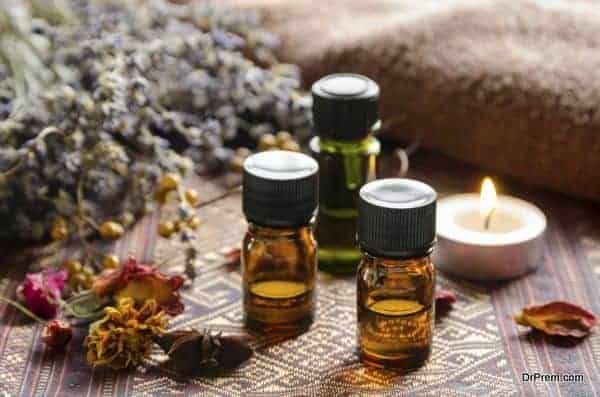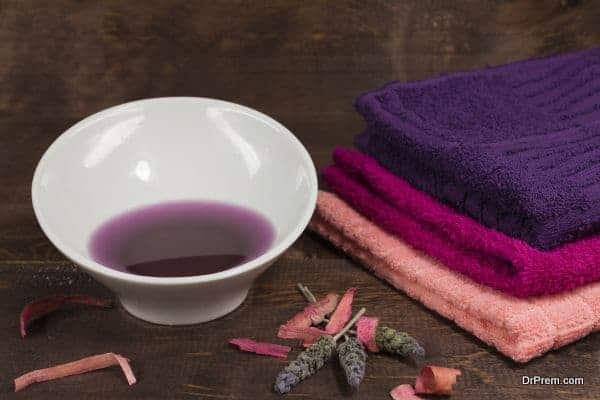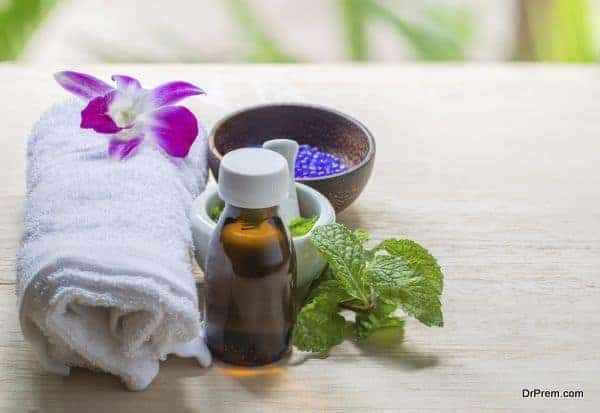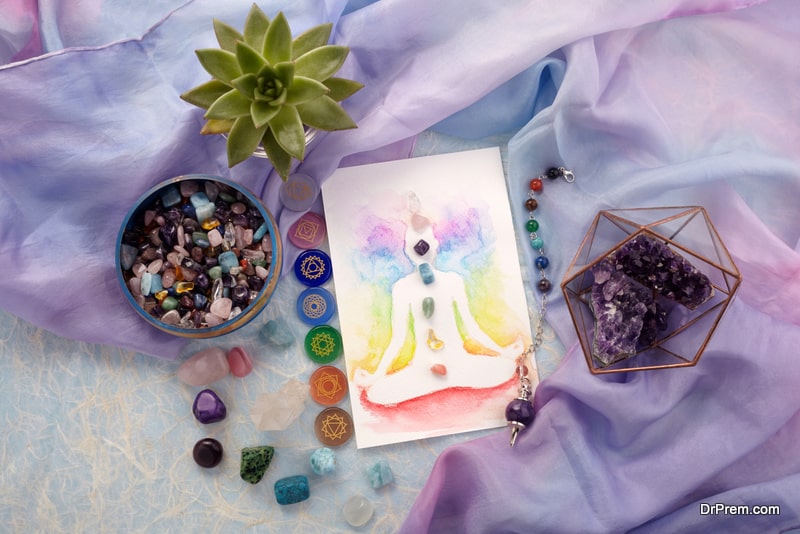Introduction:
Aromatherapy is an alternative form of medical treatment where aromatic plant oils, herbal and floral extracts and other plant based organic compounds are used to enhance mood, physical and psychological wellbeing and cognitive behavior of the person on whom aromatherapy is applied.
Specialists who have mastered the alternative medical treatment of aromatherapy employ a combination of essential oils having therapeutic effects on the patient. These oils and extracts are then applied by massaging, inhalation, adding in bathing water or applied on the body to bring the desired results. Aromatherapy plays an amazing role in improving the general wellbeing of a person and results in mood uplift as well.
History:
Aromatherapy has an ancient history. The use of essential oils and natural fragrances derived from flower extracts were used years ago for hygienic, ritualistic, spiritual and therapeutic purposes among many ancient civilizations. The Indian, Chinese, Egyptian, Greek and Roman civilization were fascinated by the magic effects of aromatherapy. They used plant essences for manufacturing perfumes, cosmetics and drugs.
In the first century, Dioscorides, an ancient famous physician cum botanist and pharmacologist from Asia Minor, in his compilation of the legendary De Meteria Medica had elaborately described the healing properties of plants.
Essential oils were used as remedial medicines after being processed through distillation, which was invented way back in the eleventh century. An eminent Aroma therapist named Avicenna from Bukhara had invented the method of separating essential oils by using steam distillation around 1000 BCE.
During the year 1907, the concept of aromatherapy was first raised by a number of European medics. In the year 1937, there was a French publication which compiled the utility of aromatherapy in a text named Les Huiles Essentialles, Hormone Vegetales by Lui Maurice Gattefosse who was a well-known chemist in that era. During World War I, a French sturgeon developed the application of essential oils that benefitted the wounded soldiers greatly.
Principles:
The essential oils and plant extracts have organic matter inherent in them with therapeutic effects. They give you a feeling of wellness. However, these concoctions work in a wonderful way when they get infused inside your body that the impact is far more beyond enhancing your mood. These aromas have healing properties too.
The essential oils find useful application in a number of ways. They can be massaged, inhaled or mixed with lukewarm water for you to take a soothing bath. Just think about how quickly your blocked nose gets relief no sooner you inhale the vapor of eucalyptus oil mixed in hot water! These oils have a cleansing effect. They seep inside the fine channels inside your body through skin pores and collect the dirt and toxins that have gathered over years.
Methods:
The methods of aromatherapy therapy are multifarious some of which are illustrated over here:
Massaging: You can massage your body thoroughly with essential oils. Make sure to do it in a circular motion over the joints. This massage removes the stiffness of muscles and enhances blood flow.
Steam inhalation is also effective in which case you need to put a drop or two of essential oil in boiling water, put a towel over your face and directly inhale.
You can prepare a bath putting essential oils in water and enjoy a calming effect by taking bath. A slight warming up of water would be wonderful experience.
You may apply aromatic essential oils as a spray inside your room like a room freshener.
Benefits:
There are multiple benefits of aromatherapy among which the following are the major types:
- Heightens mood and general wellbeing.
- Improves blood and lymphatic circulation.
- Helps in balancing hormone production by endocrine glands.
- Fortifies the immunity system fighting bacterial and fungal infection.
- Induces sleep.
- Improves digestion.
